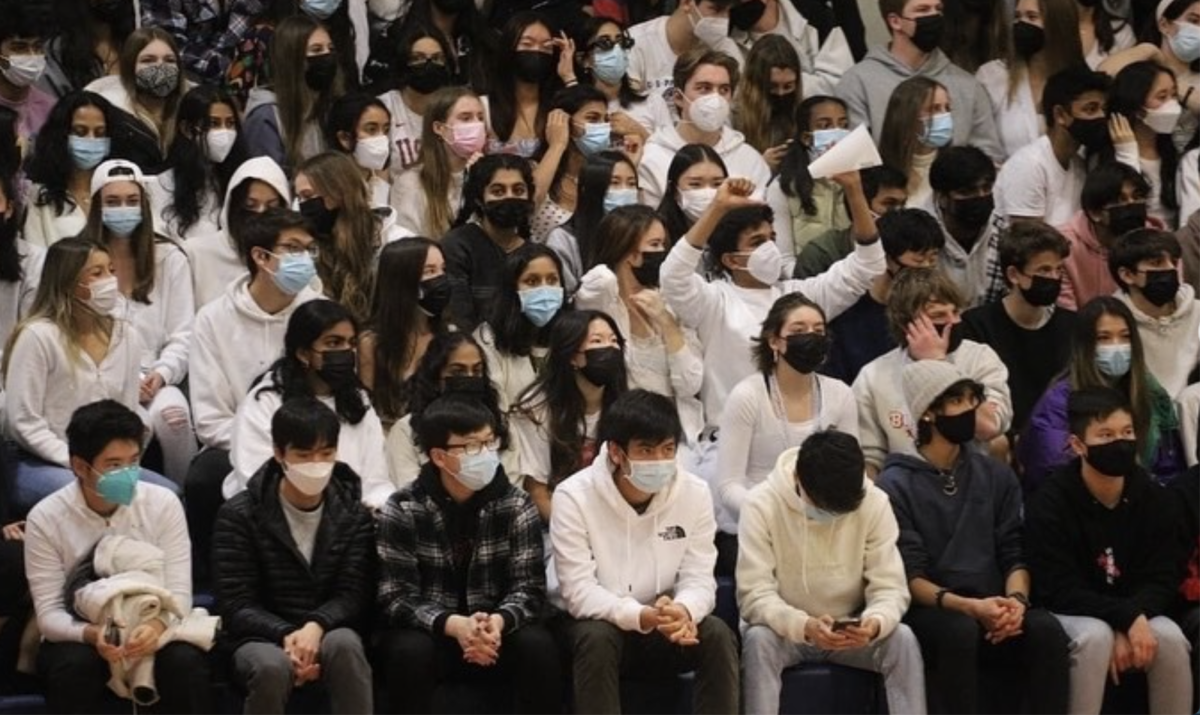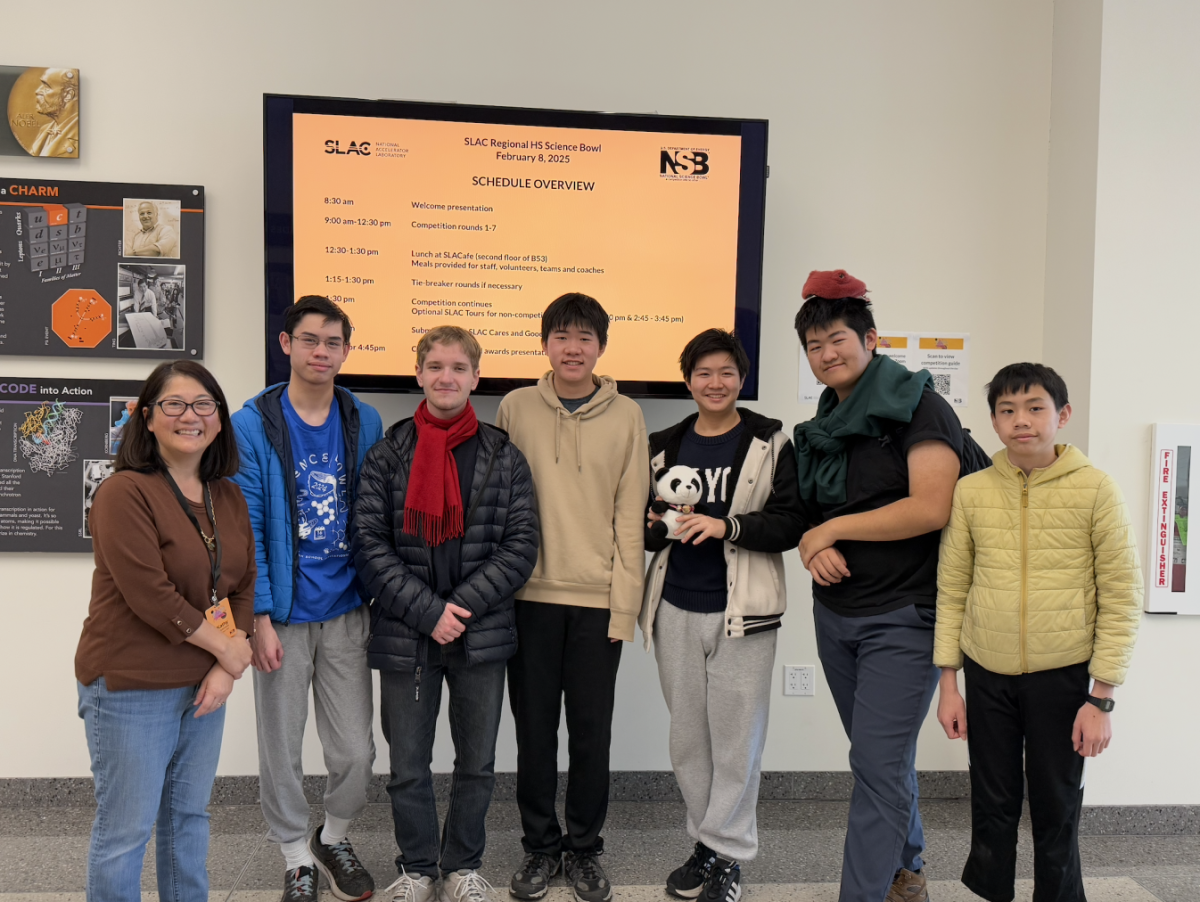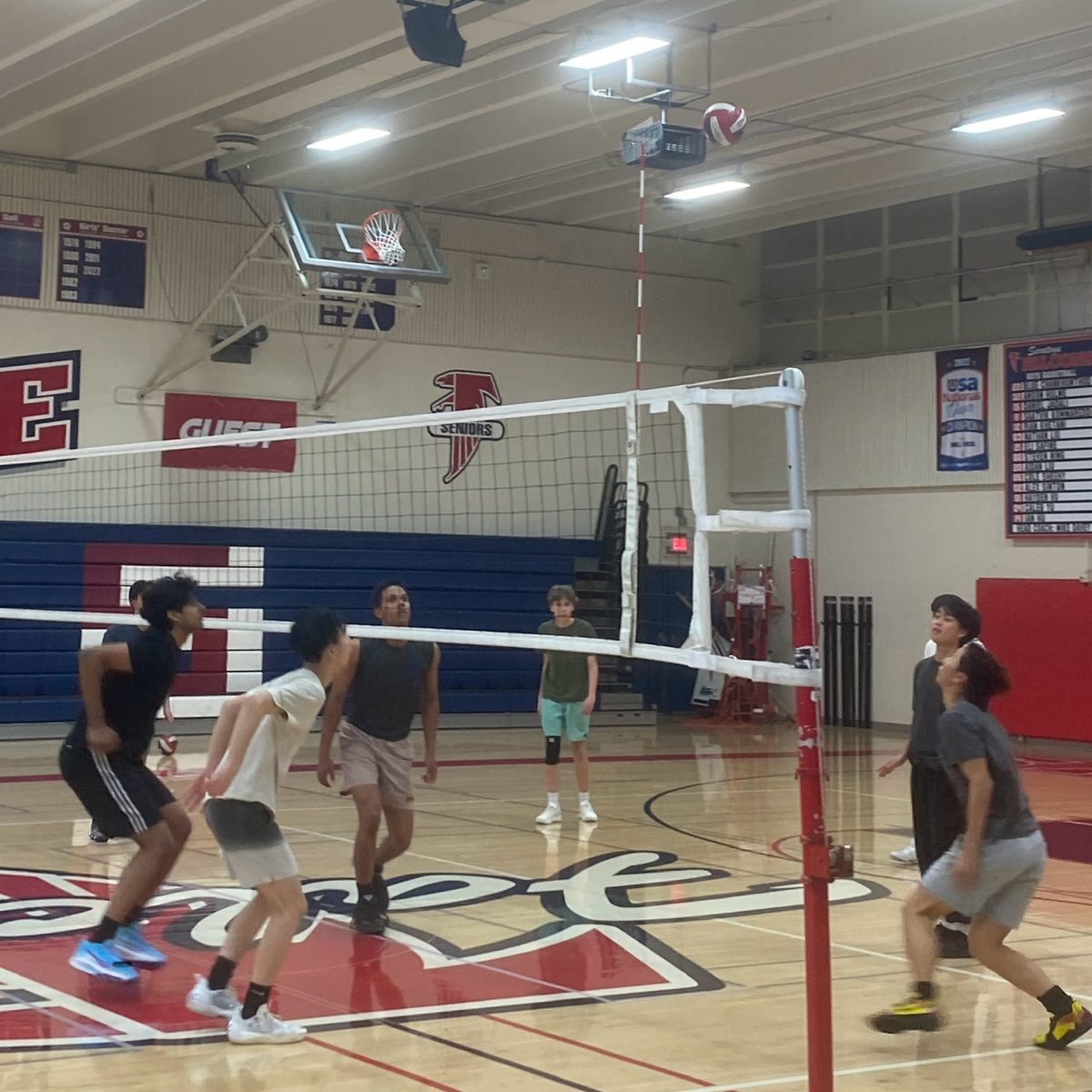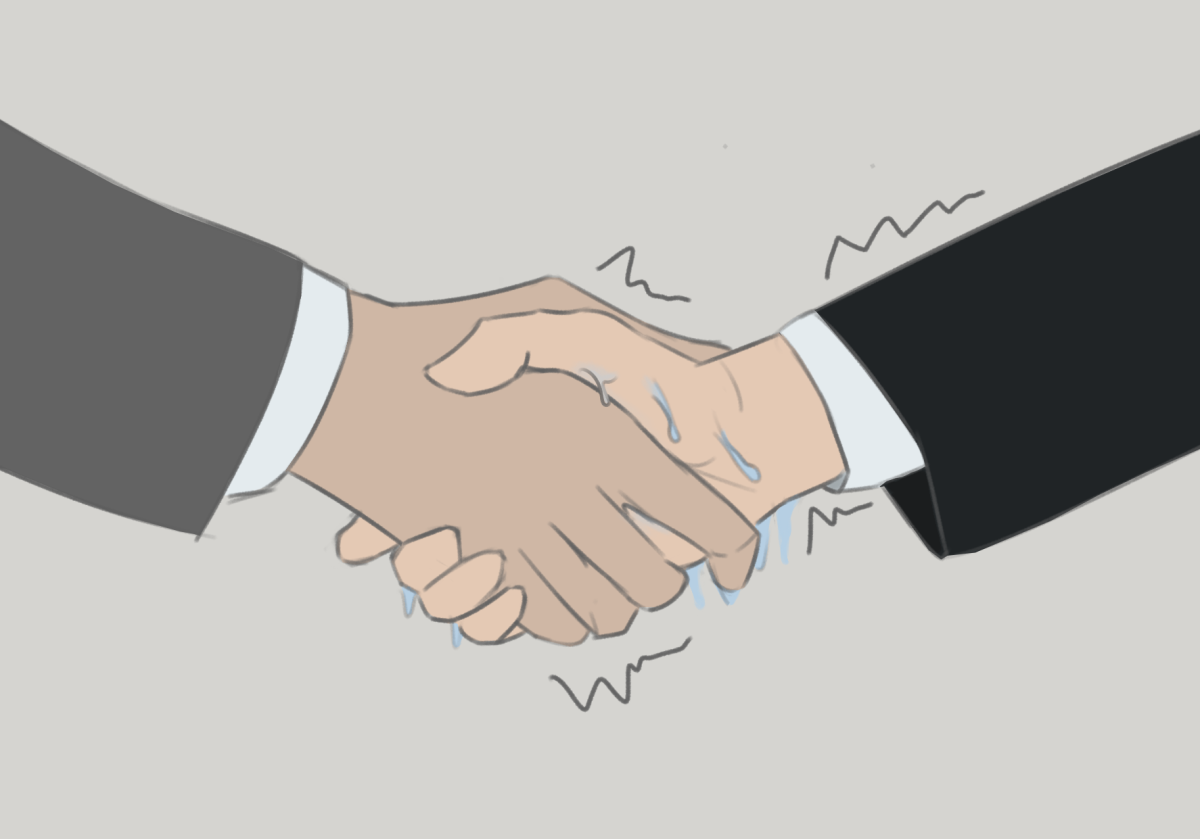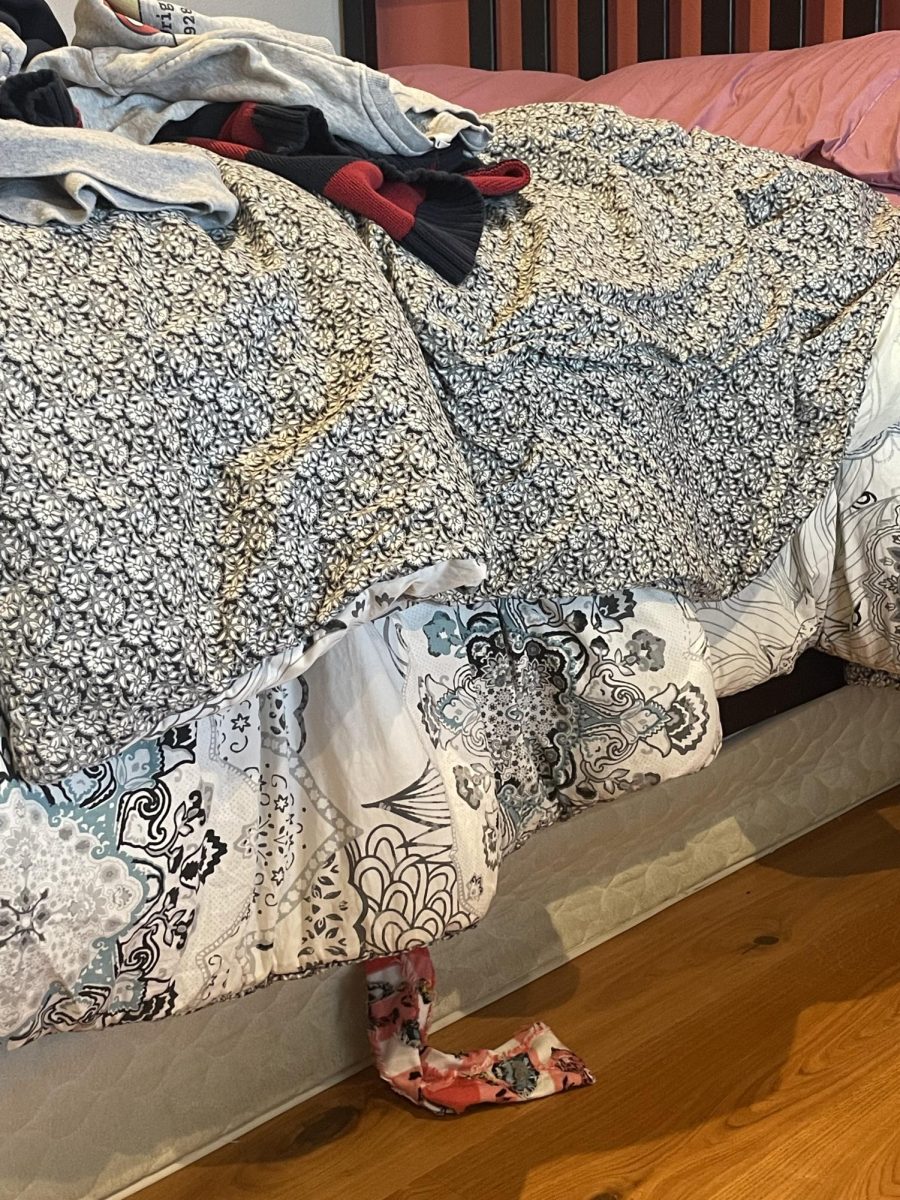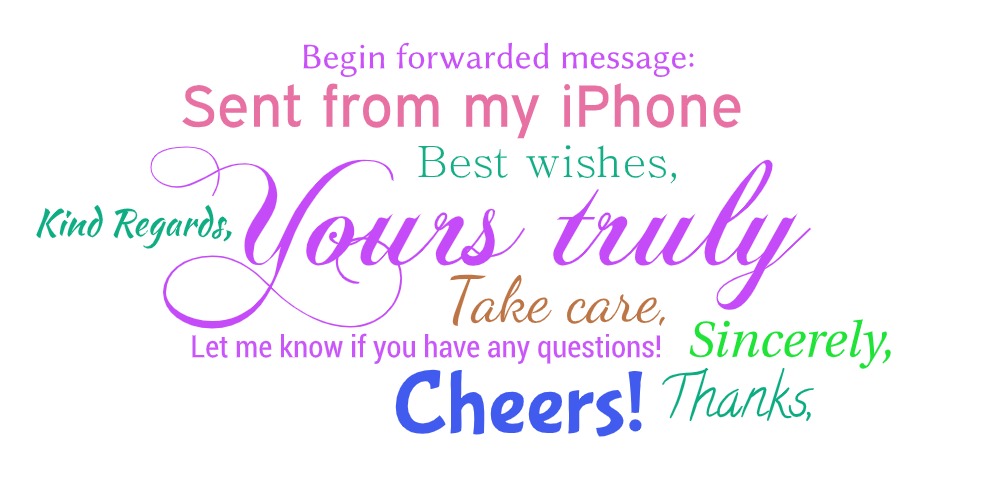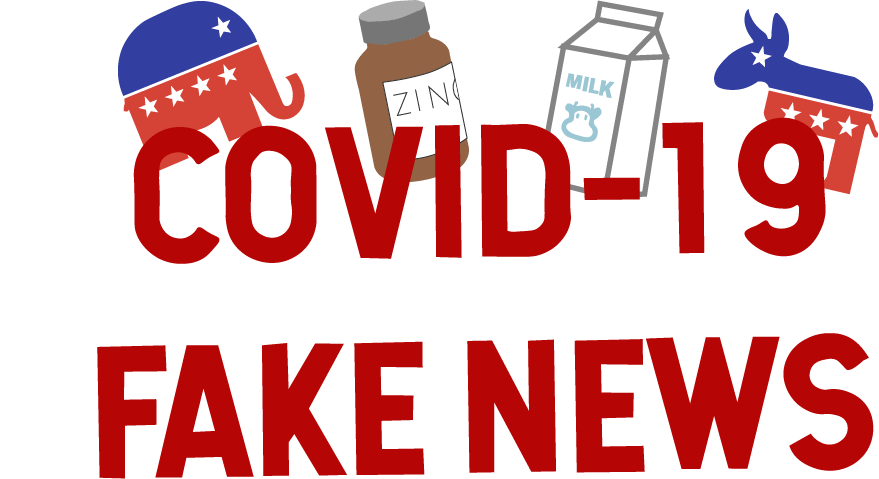Prior to the rapid spread and viral coverage of the coronavirus virus in January, Chinese doctor and whistleblower, Wenliang Li, warned the Chinese people about the virus. Soon after, Li was detained by the police for allegedly spreading false rumors about a virus.
In January, people began to realize that Li’s announcements were true. Articles about this novel virus started spreading on several social media platforms such as WeChat. At that time, however, people in the U.S. did not take the situation seriously, as the virus had not yet reached the U.S. A few students at Saratoga High still decided to wear masks to school to protect themselves, while most didn’t give the virus a second thought.
“I first heard of the news of coronavirus in early January from an article on Wechat or Weibo talking about a SARS-like disease in Wuhan,” said sophomore Joshua Fang, who decided to begin wearing a mask back in January.
Fast-forward a few months, there are almost 5 million infected individuals with the coronavirus, and more than 290,000 have died, including Li at age 34. Now with the ongoing media coverage of the pandemic, reliable information remains integral, yet there continues to be a spread of misinformation from news outlets and social media.
“All of this may have been controlled, or possibly prevented, if the media released more truthful information,” sophomore Allison Lim said. “The misconceptions and the downplaying of the virus caused people to be misinformed and unaware.”
Misguided medical advice
When coronavirus researcher James Robb wrote a private email to family and friends stating that zinc lozenges may help to relieve coronavirus symptoms, the message was quickly leaked and spread around fearful communities, and zinc lozenges became a sold-out item at multiple drug stores.
However, according to Harvard Health, zinc-containing products are often linked to cases relating to the loss of smell, and the Food and Drug Administration warned people to stop using them to fight the cold. Despite this, media outlets, such as McGill, an outlet promoting scientific research, still marketed zinc lozenges as helpful, leading to more people stocking up on the product.
Dr. Daniel Brooks, medical director of Banner Health’s Poison and Drug Information Center, also recommended against self-medicating in an interview with Huffpost.
“Given the uncertainty around COVID-19, we understand that people are trying to find new ways to prevent or treat this virus, but self-medicating is not the way to do so,” Brooks said.
Other theories also started popping up on various social media platforms. A theory, which was widespread on WeChat, stated that drinking hot water frequently can kill the virus before it reaches the lungs. According to the theory, the virus lingers in the throat before it travels into the lungs. The hot water acts as a transportation device to carry the virus into the stomach, where stomach acid can destroy the virus.
“I have been reading various articles about the coronavirus, but a lot of them seem absurd,” said junior Anjali Satish. “I only take statistics seriously and even then, I question how reliable they are — when and where were they taken and from which population, etc.”
The role of social media
Social media platforms such as Facebook and Wechat have also spread many false claims about coronavirus.
“I did have the misconception that younger people will not be harmed by the virus if they get it. This made me less worried about it,” Satish said. “I was still, however, heavily quarantined because I live with my grandparents who are at high risk of becoming sick.”
Other misinformation has appeared in Facebook posts, such as rumors that eating red meat and drinking milk can prevent contracting the coronavirus or that placing an onion and garlic around the house can kill the coronavirus droplets floating in the air.
Rumors are also surfacing on Wechat about an increase in robberies, and people are suggesting purchasing guns to protect themselves. Not only that, but a significant number of hate messages have also been widely spread across the platforms. As a result, there has been a significant spike in the number of guns sold during the pandemic.
“People are nervous that there’s a certain amount of civil disorder that might come if huge numbers of people are sick and a huge number of institutions are not operating normally,” said Timothy Lytton, a law professor at Georgia State University, in an interview with the New York Times.
Due to the worries, in March, about 1.9 million guns were sold, nearly reaching the 2 million guns bought the month after the Sandy-Hook shooting in 2012.
While the majority of the rumors hold almost no truth, many people complied and bought such products. Many families panic shop, and materials such as red meats, milk, and glycerin were quickly sold out at various grocery stores.
“My family definitely panic shopped at the start of the pandemic and bought a lot of milk and red meat,” sophomore Bella Lin said. “But after a couple weeks we realized that we only need the essentials, instead of trying to buy everything we can think of.”
Divided along party lines
Not only are media outlets providing false information, but also prominent political figures such as President Donald Trump spread false rumors that have led to dangerous consequences.
Recently, on April 23, Trump suggested the idea of injecting cleaning products such as bleach into infected patients and shining a strong beam of UV lights to kill the virus.
After Trump’s comments, Illinois Poison Control Center saw a significant increase in calls about poisons related to cleaning products. But according to the Washington Post, the FDA now warns the public about serious health concerns caused by the substance.
Although the virus does not discriminate along party lines, the misinformation that has sprouted as a result of it have further revealed America’s polarized political climate.
Trump himself is also using and promoting Hydroxychloroquine, an antimalarial drug the FDA warned could cause serious heart problems for coronavirus patients.
According to the New York Times, Trump was “taking the drug as a preventive measure and continued to test negative for the coronavirus.”
Medical experts have questioned Trump’s actions for taking this drug, claiming that Trump is setting an irresponsible example for others.
According to an article from Market Watch, 62% of Republicans say the seriousness of COVID-19 is “generally exaggerated.” Just 31% of Democrats and 35% of independents said the same.
This divide could be due different misconceptions or views that potentially downplay the disease in each party.
Multiple prominent Democratic politicians, including senator Bernie Sanders and presidential nominee Joe Biden have criticized President Trump’s response to the outbreak and said they would do a better job. House Speaker Nancy Pelosi and Senate Minority Leader Chuck Schumer, the top congressional Democrats, have also publicly urged Trump to “prioritize the needs of American workers and their families before the needs of major corporations” while responding to the outbreak.”
Misconceptions hurt the most vulnerable
Another major widespread misconception is that younger populations cannot contract the virus or suffer from it. In late March, a video of a crowd of spring breakers defying community guidelines and vacationing in Florida went viral after being published by CBS News. While it’s true that they are less susceptible to the virus, data shows that about 25 percent of hospitalized patients are under the age of 50.
According to Mayo Clinic, a human’s immune system starts sharply declining at age 65; therefore, elders and the immunocompromised have slower responses to infectious diseases, such as the coronavirus. Dr. Lancaster of the Mayo Clinic states that social distancing is the most critical and effective approach that people who are especially vulnerable to the coronavirus can take.
By overshopping and gathering in large groups, people with a compromised immune system cannot properly social distance and protect their own health. Overshopping makes it difficult for others to get their necessities, which further deteriorates their health.
Whether or not people choose to believe these social media platforms, it’s important to follow official guidelines from the Centers for Disease Control and Prevention and the World Health Organization to help control the virus from spreading even further. Beyond that, the ability to spot and reject fake news about the virus is becoming increasingly important for everyone’s survival.

